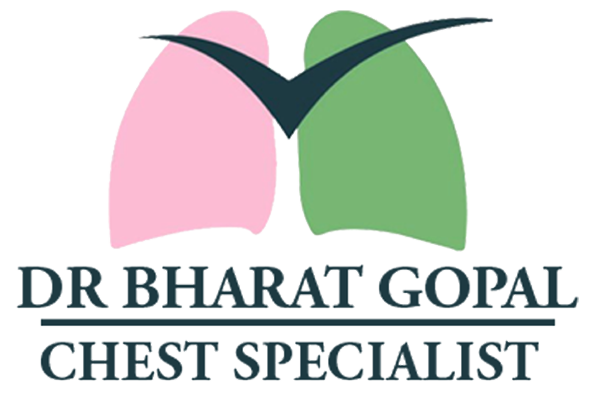Breathing Easy: Exploring the Realm of Preventive Pulmonology.
The field of pulmonology has evolved significantly over the years, with an increasing emphasis on preventive measures to safeguard respiratory health. Preventive pulmonology, a specialized branch within pulmonary medicine, focuses on proactive strategies to mitigate the risk of respiratory diseases and promote overall lung health. In a world where environmental factors and lifestyle choices impact respiratory well-being, the importance of preventive pulmonology cannot be overstated.
To Know More About It Please Click Here
Understanding Preventive Pulmonology
Preventive pulmonology is a comprehensive approach that encompasses various measures aimed at averting respiratory issues before they become chronic or severe. This proactive discipline combines education, early detection, lifestyle modifications, and personalized interventions to address risk factors associated with respiratory diseases.
Key Components of Preventive Pulmonology
- Educational Initiatives: Prevention begins with knowledge. Preventive pulmonology emphasizes public awareness campaigns and educational programs to inform individuals about the importance of maintaining lung health. Understanding the impact of factors like smoking, environmental pollutants, and occupational hazards can empower individuals to make informed choices.
- Early Detection and Screening: Regular screenings and early detection play a crucial role in preventive pulmonology. Identifying respiratory issues at their earliest stages allows for timely intervention and management. Pulmonary function tests, imaging studies, and other diagnostic tools are employed to detect abnormalities even before symptoms manifest.
- Smoking Cessation Programs: Given the well-established link between smoking and respiratory diseases, preventive pulmonology places a strong emphasis on smoking cessation programs. These initiatives provide support, resources, and counseling to individuals looking to quit smoking, thereby reducing their risk of developing conditions like chronic obstructive pulmonary disease (COPD) and lung cancer.
- Environmental and Occupational Health: Preventive pulmonology addresses the impact of environmental and occupational factors on lung health. Strategies include promoting clean air initiatives, advocating for workplace safety measures, and raising awareness about potential respiratory hazards in specific industries.
- Lifestyle Modifications: Adopting a healthy lifestyle is a fundamental aspect of preventive pulmonology. This includes regular exercise, a balanced diet, and maintaining a healthy weight. These lifestyle modifications contribute not only to overall well-being but also to the resilience of the respiratory system.
- Immunization: Immunization against preventable respiratory infections, such as influenza and pneumonia, is a key preventive measure. Vaccination helps reduce the likelihood of respiratory complications and lowers the overall burden on healthcare systems.
Conclusion
As respiratory diseases continue to pose significant global health challenges, the role of preventive pulmonology becomes increasingly critical. By focusing on education, early detection, lifestyle modifications, and targeted interventions, preventive pulmonology strives to reduce the prevalence of respiratory conditions and enhance the quality of life for individuals worldwide. Embracing the principles of preventive pulmonology is a proactive step toward ensuring that everyone can breathe easily and enjoy optimal respiratory health throughout their lives.
Plz visit or https://delhichestspecialist.com/you can check our social media accounts, Facebook,Twitter








